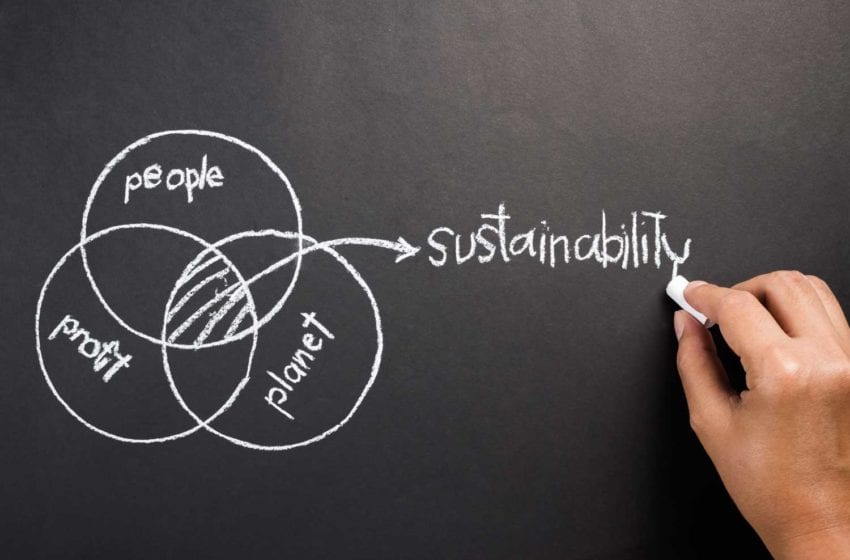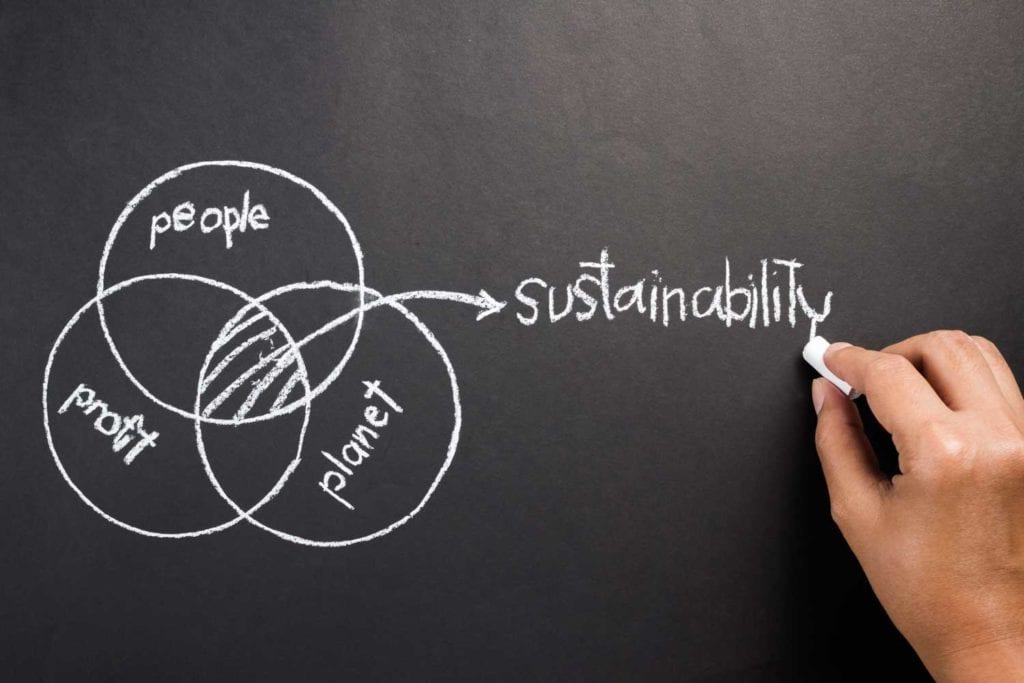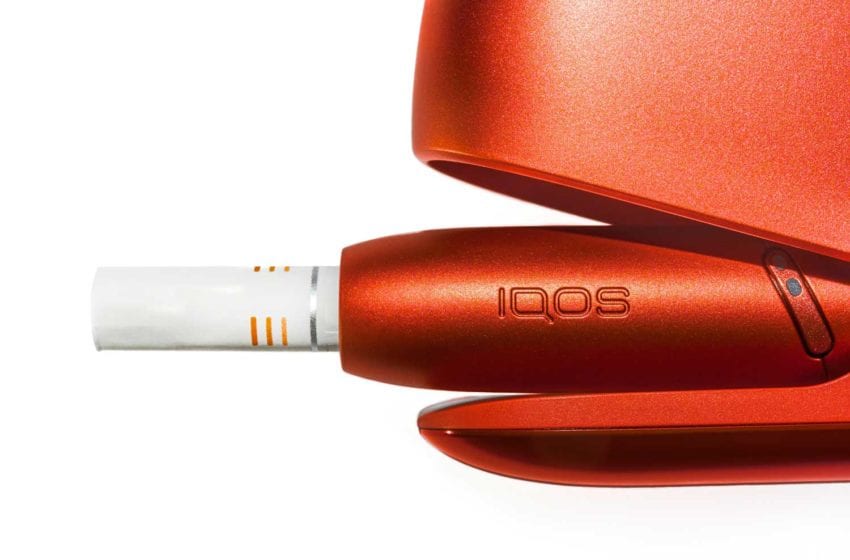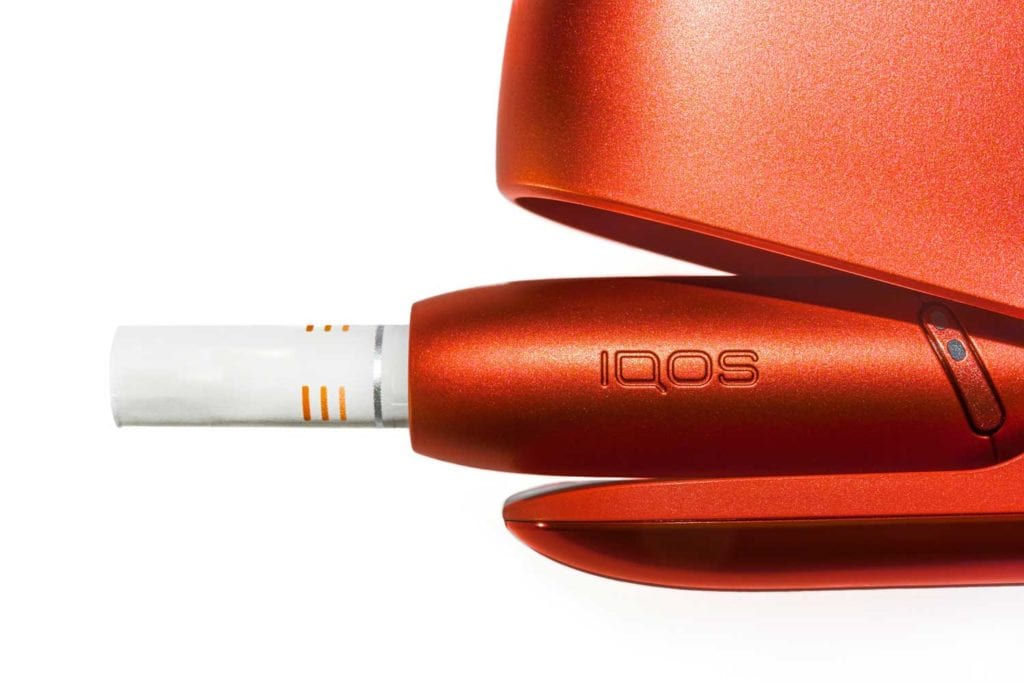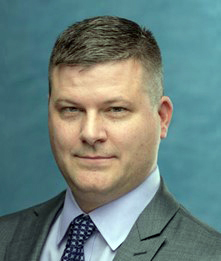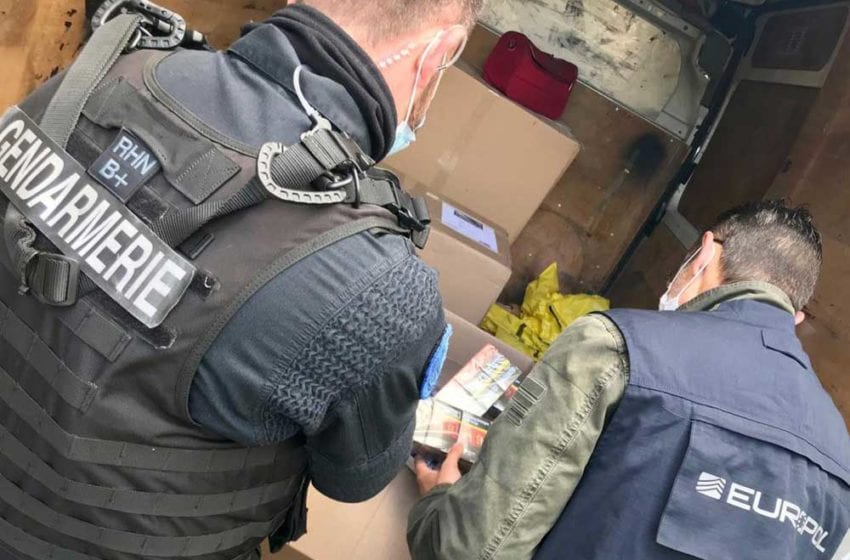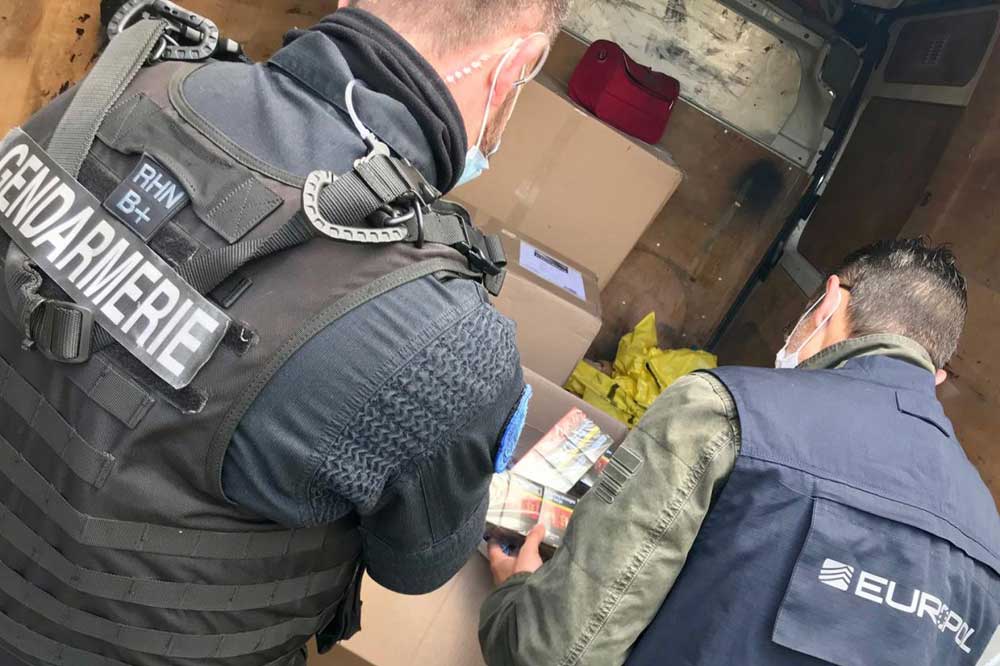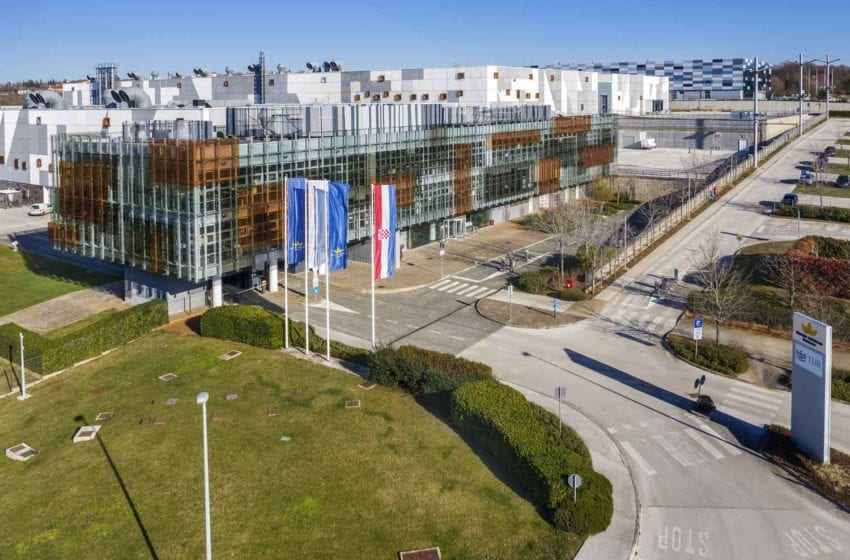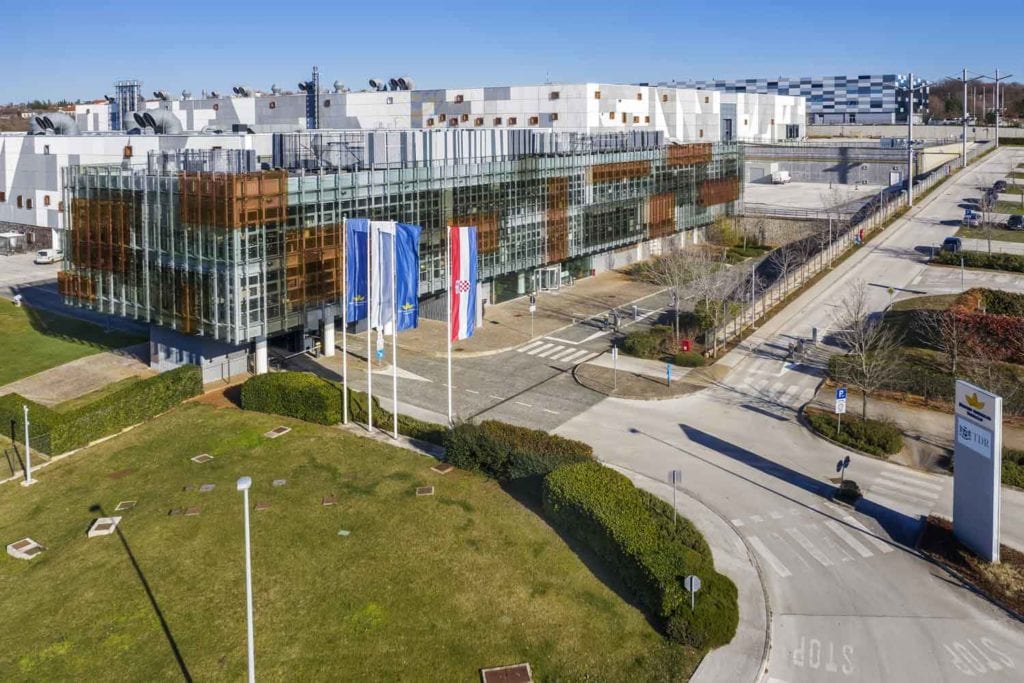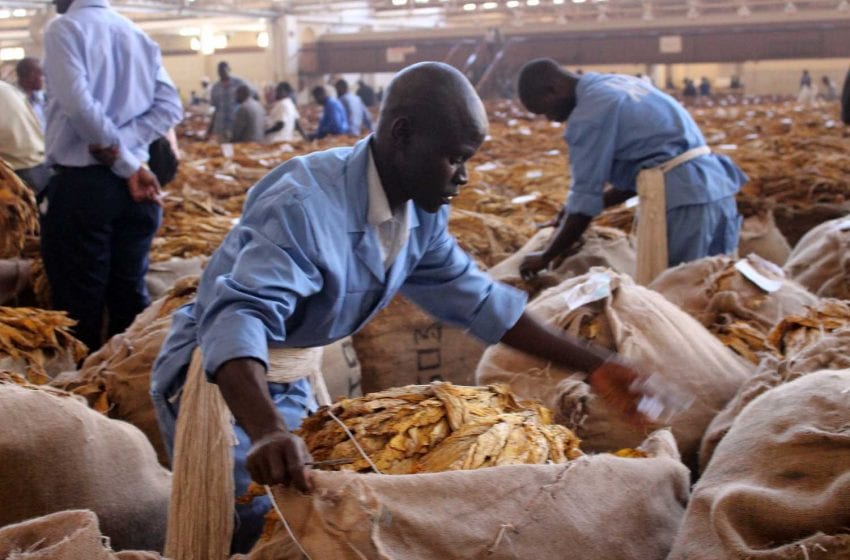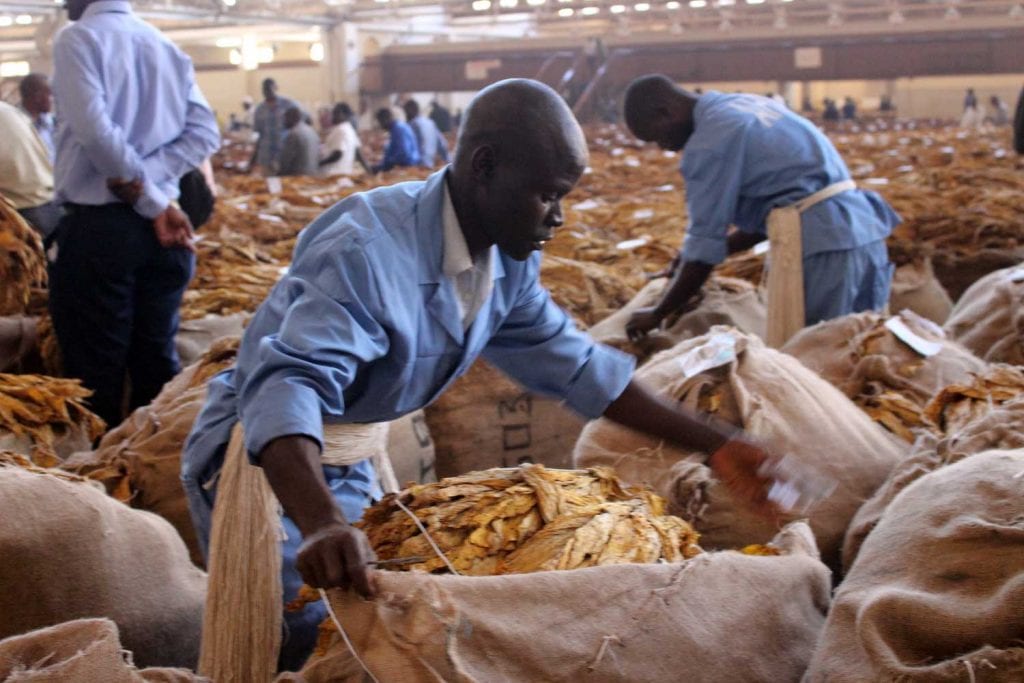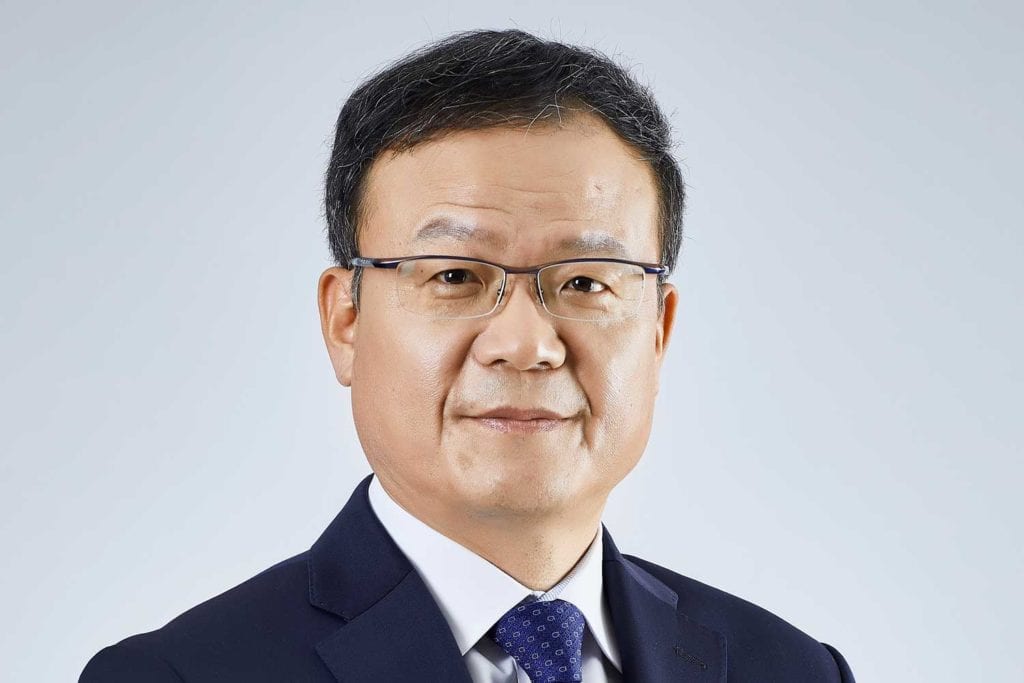
KT&G has declared its goal of becoming carbon neutral by 2050 by reducing its greenhouse gas emissions.
First, KT&G is planning to reduce the greenhouse gas emissions by 20 percent by 2030 compared to the levels in 2020. To achieve carbon neutrality, KT&G plans to expand its scope of environmental responsibility not only to the workplace, but also to the entire chain, from raw materials to production and sales.
It will promote the expansion of renewable energy, improvement of energy efficiency and support energy efficiency improvement of leaf tobacco farms. In the mid-term to long-term, KT&G plans to engage in external greenhouse gas reduction projects in connection with domestic and overseas value chains and put forth effort to secure Certificated Emissions Reduction.
KT&G has also decided to reduce water consumption by 20 percent by 2030 compared to the levels in 2020 and to achieve 90 percent in waste recycling rate by 2030, accelerating the transition of the circular economy.
Meanwhile, KT&G is speeding up its environment, society and governance (ESG) ambitions by implementing environmental management that values a sustainable future. Last month, KT&G announced a plan to reduce greenhouse gases by more than 20,000 tons by converting business vehicles into eco-friendly vehicles, such as electric vehicles, by 2030.
“We have established a mid-[term] to long-term environmental management strategies, including carbon neutral, to recognize the magnitude of the climate change problem and to participate in global efforts to respond to the crisis,” said a KT&G spokesperson in a statement. “We will continue to actively participate in solving social and environmental issues and make additional efforts to establish an ESG management system that meets the global standards.”


